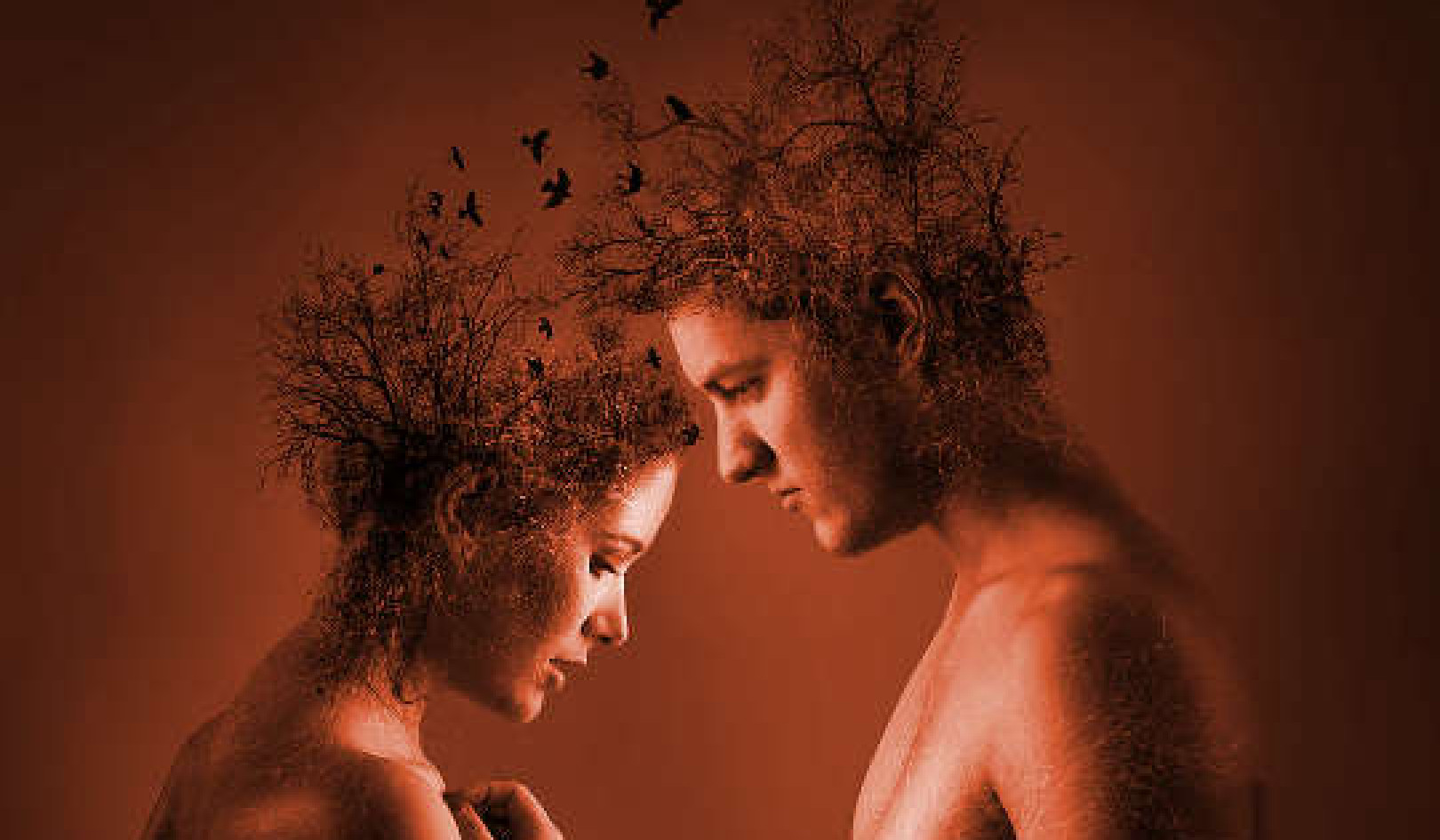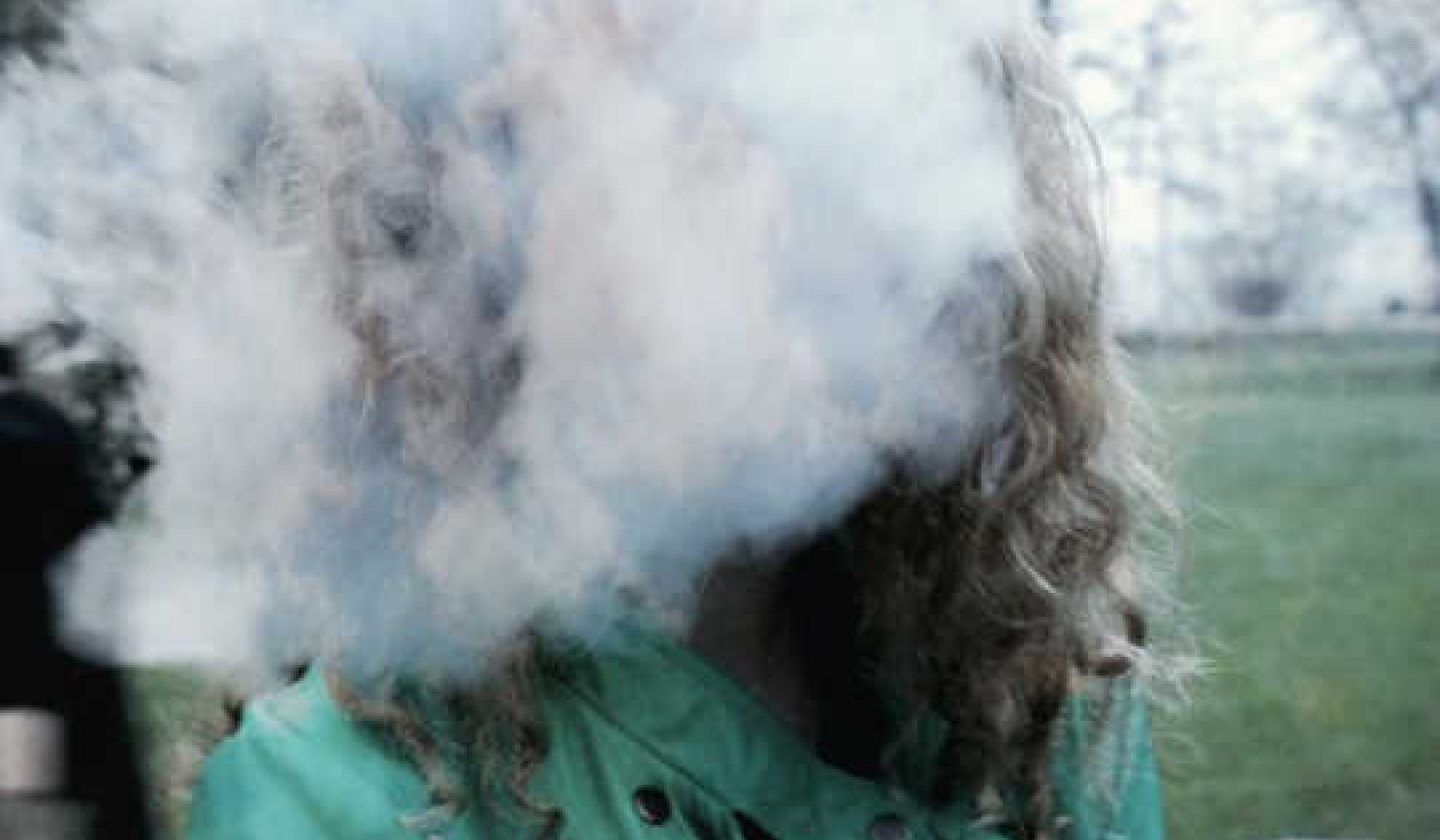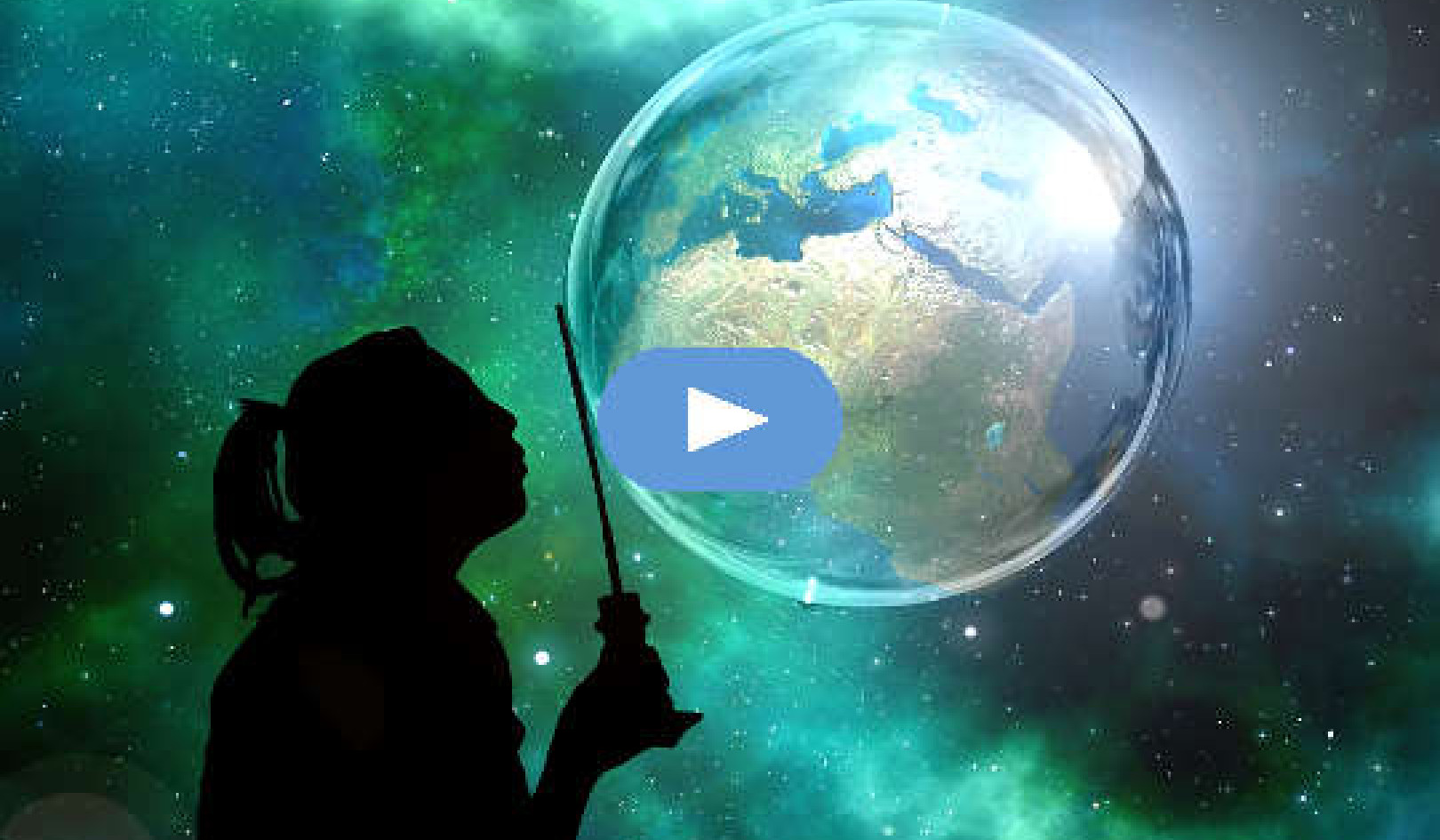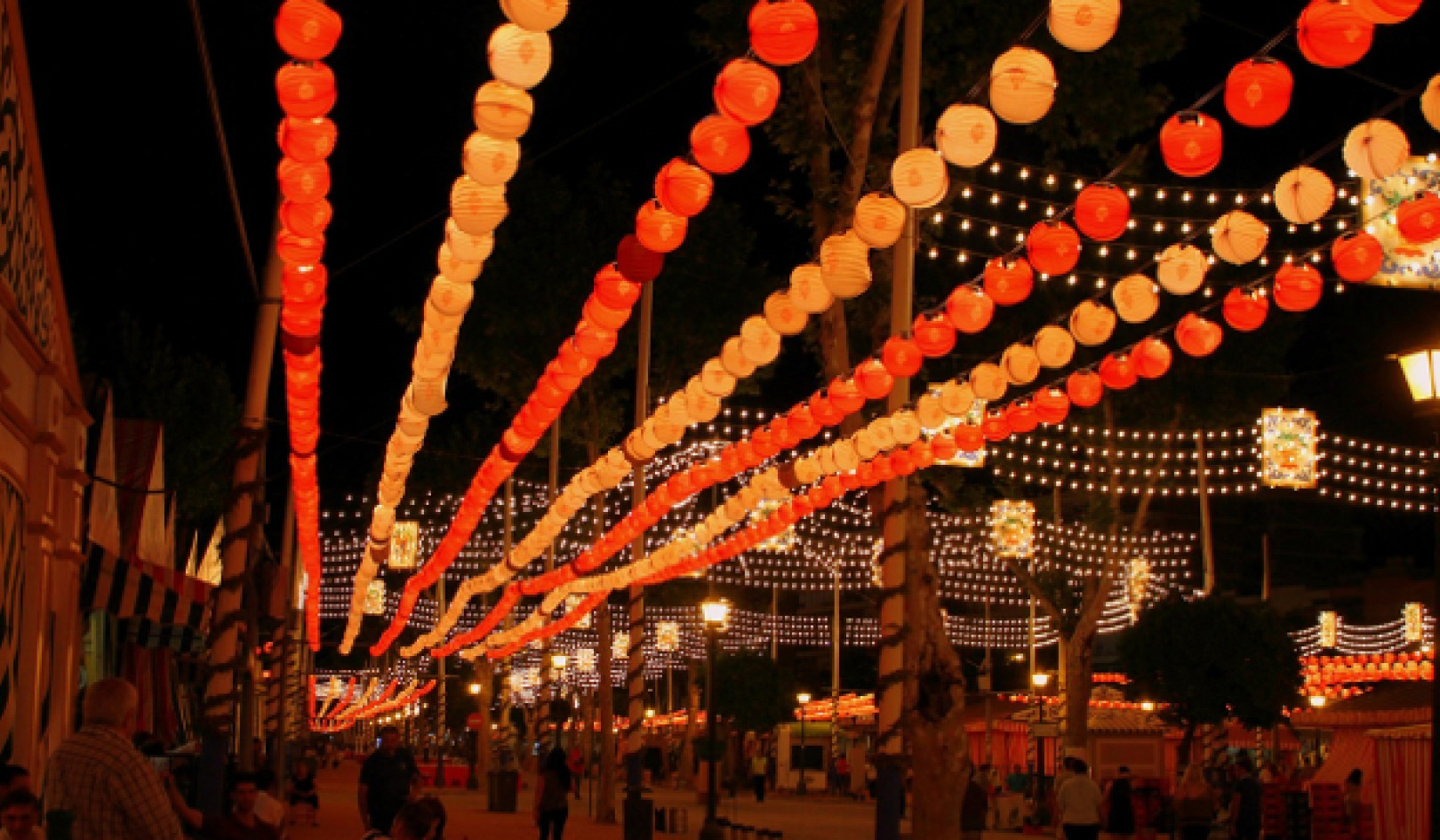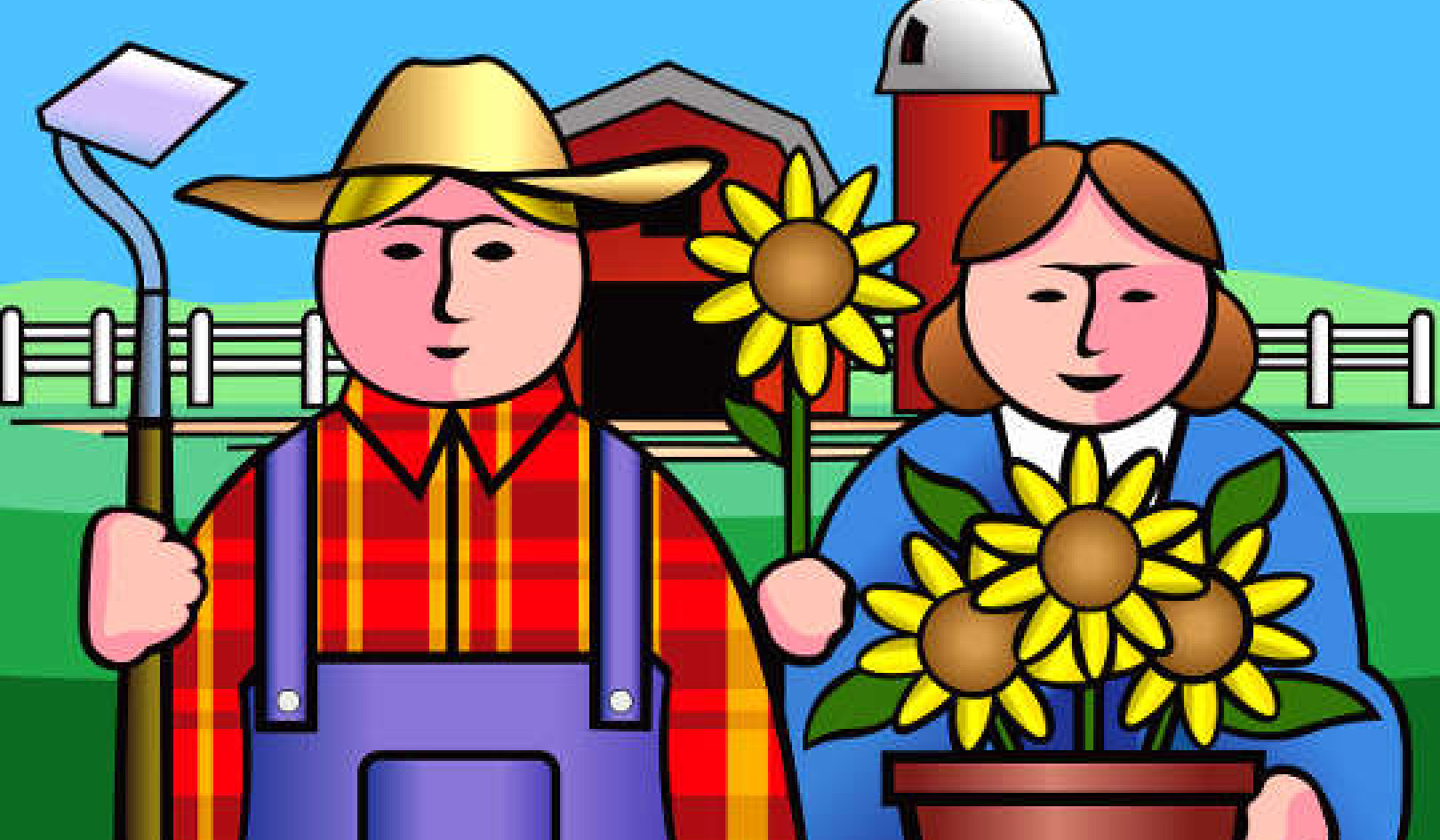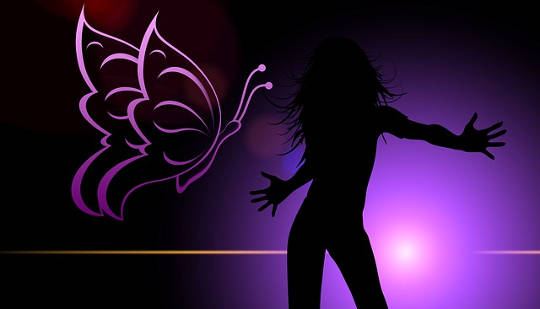
No matter by which culture a woman is influenced,
she understands the words wild and woman, intuitively.
When a woman hears those words an old, old
memory is stirred and brought back to life.
The memory is of our absolute, undeniable,
and irrevocable kinship with the wild feminine.
— Clarissa Pinkola Estés
Wild Woman doesn’t reside in the brain. We can’t think her any more than we can think a flower to bloom or lightning to flash. She comes to us naturally, intuitively. To give her voice, we best get out of our own way.
She speaks through us, not to us, and not in calculated words but in the language of the soul, the body, our wildish nature that lives below the surface. This voice, your authentic and wild and beautiful voice, doesn’t come from thinking but instead comes as a response, sometimes through a vision, as Estés wrote:
“Through sights of great beauty...through music, which vibrates the sternum, excites the heart...sometimes a word, a sentence or a poem or a story, is so resonant, so right, it causes us to remember, at least for an instant, what substance we are really made from, and where is our true home.”
Connecting with Our Wild Nature
For eons men, and sometimes women, too, have made light of “women’s intuition.” Yet a more powerful, knowing force does not exist. All humans are gifted with this sixth sense — my husband used to talk about the little bell he heard inside, a warning to pay attention. But intuition is strongest in the feminine.
For women, especially women who abide in their wild nature, this intuition is a direct link to the soul. Its voice is sure and true. Maybe this very strength, this “right-on-ness,” is what has made it the butt of jokes and the object of sarcasm.
We all know that laughing at what we fear can take away some of its power. But rather than fearing this inner knowing, as Wild Women we embrace it. We surrender to its guidance. For when we not only listen but also rely on our intuition, we know what we need, what is good for us, and what we hunger for. When we are at one with our wild and true nature, we trust ourselves. We are surefooted.
“I feel my most authentic self when I listen to my inner voice,” said Ellen. “Over the years I have realized it speaks truth and when I listen to its guidance, I am almost always making a good decision — be it with relationships or experiences.”
It didn’t surprise me when many women, speaking about when they felt their most authentic, mentioned writing, making art, creating through craft, acting, dancing without inhibition. “I have felt my most authentic self when I’m following my inner muse,” said Anitra. “Riffing on a tune, writing, making art, bodysurfing the waves, bodysurfing some body...”
Donna wrote about her experience as a writer: “It’s a strange moment in time when the writing is cooking — exhilarating and unnerving at the same time. This kind of connection, of being plugged in, has a physical manifestation. Afterward, I may feel drained, but it’s a good kind of tired, the fatigue of having created something that I know could only have come from me.”
Alienated from Our Authentic Selves?
Many of us, as we toil away at our day jobs inside office complexes or our home offices, at hospitals or in schoolrooms, or any of the other enclosed, often concrete, sometimes windowless structures, miss our connection with nature. It may be in nature that we most feel that ages-old call of the wild.
“I work as a database administrator for a biotech company,” said Karin. “The computers get inside my brain, change the way I think and leave me functioning in a robotic state, alienated from my authentic self. In nature, far away from the call of humans, I become Artemis, Wild Woman and virgin, listening to the wisdom of the Universe whispering in my heart.”
“I didn’t grow up with woods and wild land around me, and so I didn’t realize how much I loved it until I discovered it in the Pacific Northwest,” Midge wrote from her home in Oregon. “I now feel most at home out in nature.”
When we listen to our internal calling, when we trust it enough to follow, sometimes magic happens. “Moths follow me everywhere, day and night, even in the winter when there shouldn’t be moths. I commune with rabbits and chickens,” wrote Angie, who followed a dream and love, and left the city to live in the country.
Hearing Our Wild Voice
When we lose touch with our wild nature, we lose our wild voice. When we become too domesticated, when we become too involved with the outside world, when we try to live a “normal” life, to live up to what is expected of us by others and by ourselves, when we don’t give ourselves time or solitude or deeply satisfying pleasures, whatever they may be, we sacrifice our authentic voice.
Sometimes that natural, wild voice gets trained out of us. I’ve worked with many a tech writer, as well as editors and writers, who earn a living cranking out PR pieces or marketing materials or clever advertising copy and who have a difficult time letting go of their “professional” voice.
I’ve also known school teachers who spend weekend hours grading their students’ written essays until their own writing can’t pass their red-pencil test. Others find their wild voice tamed by the requirements of their profession: lawyers and paralegals, science writers, computer programmers, journalists.
It’s not unusual to come across a writer who is afraid of her own wild nature and consequently finds her writing squeezed into the tiniest, most passive verb. “Good girls don’t...” the voice in her head begins. “Better not...” it says, warning of risks unseen. “What would (fill in the blank) think?”
Or perhaps some schoolteacher — the one who spends her weekends grading papers — slaughtered our authentic voice, the evidence of the carnage in ink red as blood right there on the page. Or somehow, because of family, religion, partners, or comments from a writing group, we’ve become so shy about the wildness of our deep voice that we hide our poems or sneak a few penciled words in a secret journal. Or, having written something we judge as dangerous, we tear the page out of our notebook and burn it.
Maybe we incinerate whole notebooks, afraid that our true nature might be discovered. I once said I didn’t want my mother to read the novel I was writing, not only because of what I’d written but because I didn’t want her to know I was capable of having such thoughts.
And yet, like flowers pushing their way through the smallest cracks in concrete walls, our wild voices find their way to the light. In feudal Jiangyong County in the Hunan province of China, uneducated peasant women developed a separate written language, called Nüshu, meaning “female writing,” which for a time was thought to be an espionage code. Perhaps in some ways it was, though rather than spying, these brave women were communicating among themselves.
I once knew twins who’d created their own secret language; perhaps they divined it in the womb. My best friend Betty and I, pulsing with adolescent wildness, developed a code so that we could send our renegade messages to each other. My sisters and I spoke pig Latin at the dinner table, believing our parents couldn’t understand.
This wild voice, this expression of our deepest and most authentic selves, remains just beneath the surface of our most covered-over, tamed-down, pent-up, tongue-tied language. But so what if our voice is scratchy, or if it just naturally wants to sing those minor notes or needs to wail the blues? So what if it speaks in rhymes or fables or erotica or animal sounds? Our work as Wild Women is to bring it to light, give it breathing room, and listen to what it has to tell us. Who knows what we might discover?
“Sometimes,” Gina said, “when I’ve hit just the right stride on a piece of writing and the words are flowing through me, I get a glimpse of my connection with the Universe.”
Claiming Wild Woman
When we name ourselves Wild Women and affirm our affiliation with our wildish nature, we may take up what we left behind long ago. We may return to making art, to dancing, to singing, to climbing trees. We may clear out a space that has cramped our style, creating a Wild Woman lair where we write and write and write — that novel we’ve wanted to begin, our memoir, a book about cooking vegan. We may become poets, playwrights, puppeteers. We may leave that job that doesn’t suit us and find new work that fits as if it were custom-made — and maybe it will be.
We recognize the now-familiar voice of our inner wild nature and respond to it. We explore our deepest desires. We say yes! to ourselves and no to whatever or whomever distracts us from our true calling. And we go with joy, with anticipation, with excitement.
If we are timid, if we are afraid, we ask ourselves, as Barbara did, “Why am I so afraid of her, my wild self, when I know she waits so kindly and patiently for me and she’s the one who can connect me with my heart? She is my heart.”
©2015 by Judy Reeves. All Rights Reserved.
Reprinted with permission of the publisher,
New World Library, Novato, CA 94949. newworldlibrary.com.
Article Source
 Wild Women, Wild Voices: Writing from Your Authentic Wildness
Wild Women, Wild Voices: Writing from Your Authentic Wildness
by Judy Reeves.
Click here for more info and/or to order this book.
About the Author
 Judy Reeves is a writer, teacher and writing practice provocateur whose books include A Writer’s Book of Days, which was named a "hottest books for writers" and won the 2010 San Diego Books Award for Best Nonfiction. Other books include Writing Alone, Writing Together; A Creative Writer's Kit and The Writer's Retreat Kit. In addition to leading private writing and creativity workshops, Judy teaches writing at University of California, San Diego Extension and in private workshops, and speaks at writing conferences internationally. She is a cofounder of San Diego Writers, Ink where she served as Executive Director. Her website is judyreeveswriter.com and she blogs at livelymuse.com.
Judy Reeves is a writer, teacher and writing practice provocateur whose books include A Writer’s Book of Days, which was named a "hottest books for writers" and won the 2010 San Diego Books Award for Best Nonfiction. Other books include Writing Alone, Writing Together; A Creative Writer's Kit and The Writer's Retreat Kit. In addition to leading private writing and creativity workshops, Judy teaches writing at University of California, San Diego Extension and in private workshops, and speaks at writing conferences internationally. She is a cofounder of San Diego Writers, Ink where she served as Executive Director. Her website is judyreeveswriter.com and she blogs at livelymuse.com.
Watch a video: Author Judy Reeves talks about WILD WOMEN, WILD VOICES




















